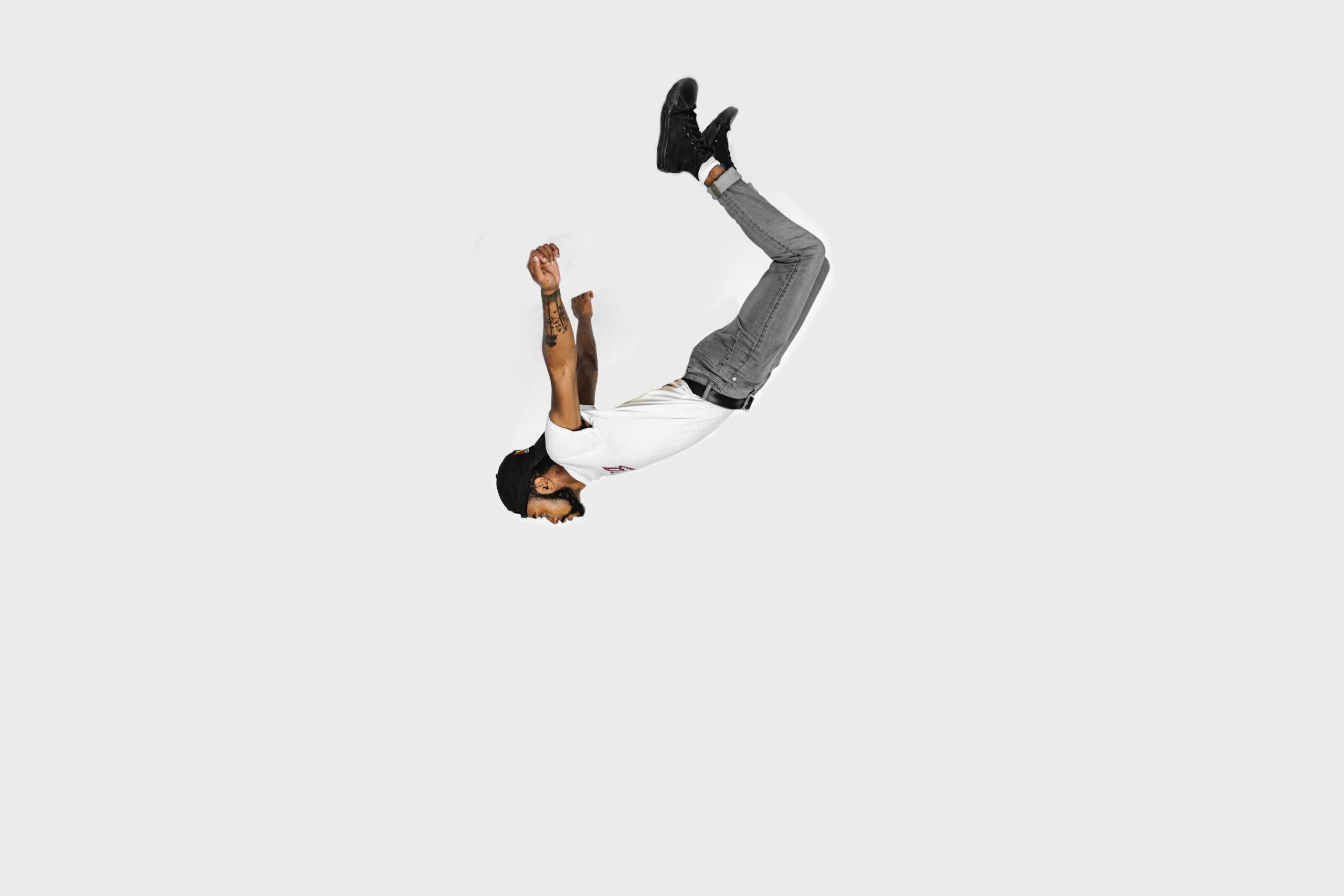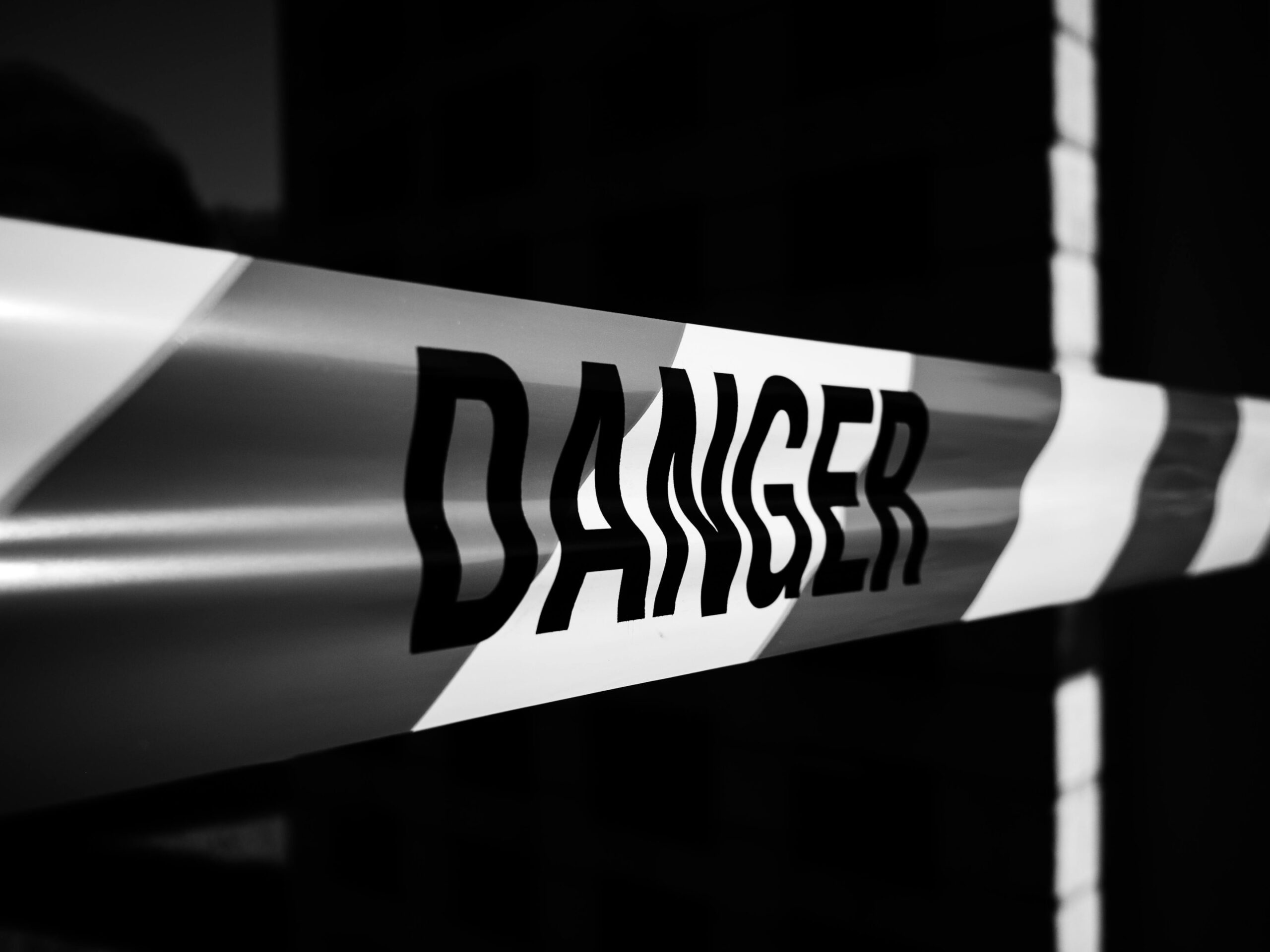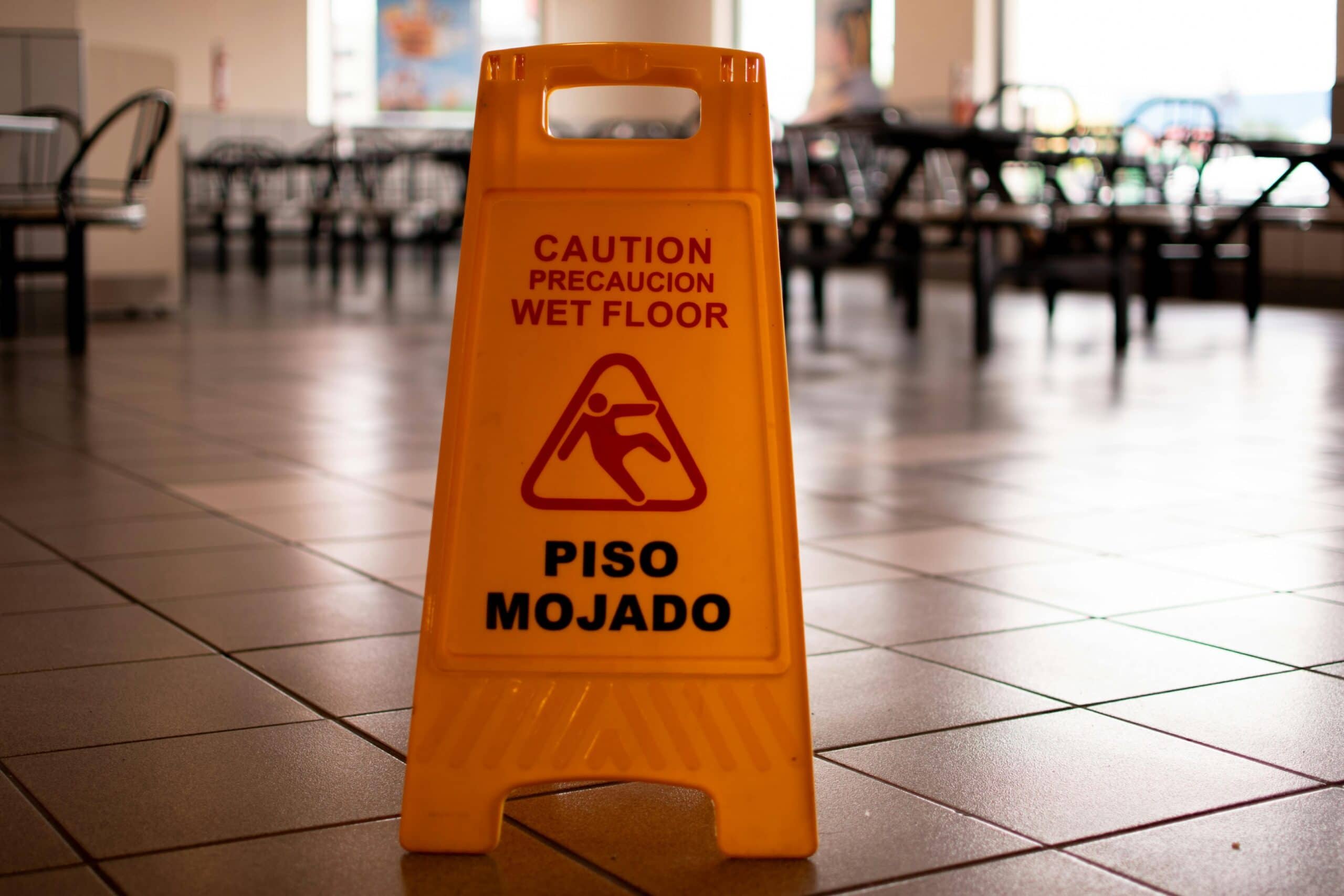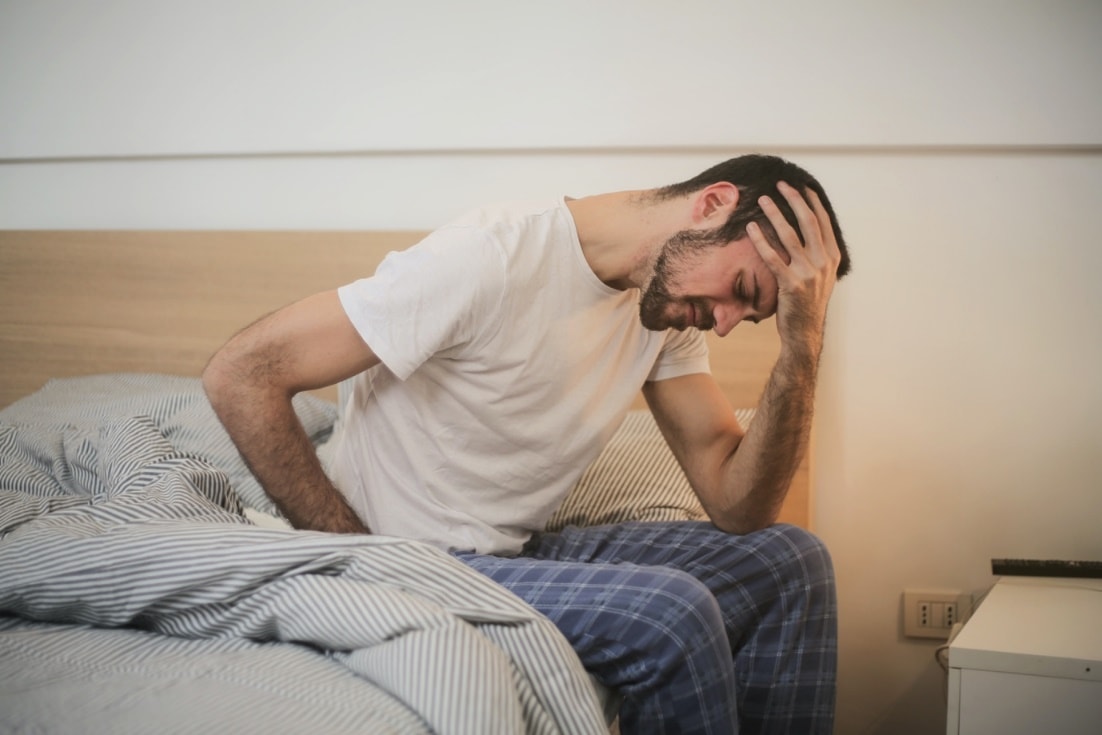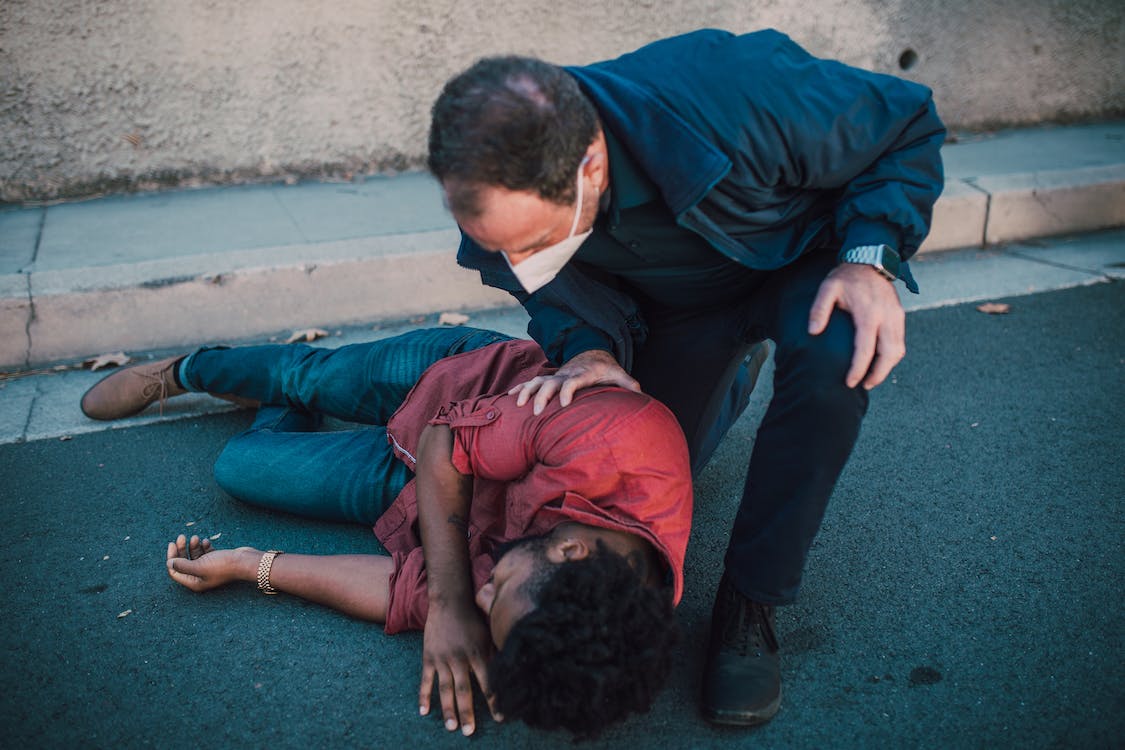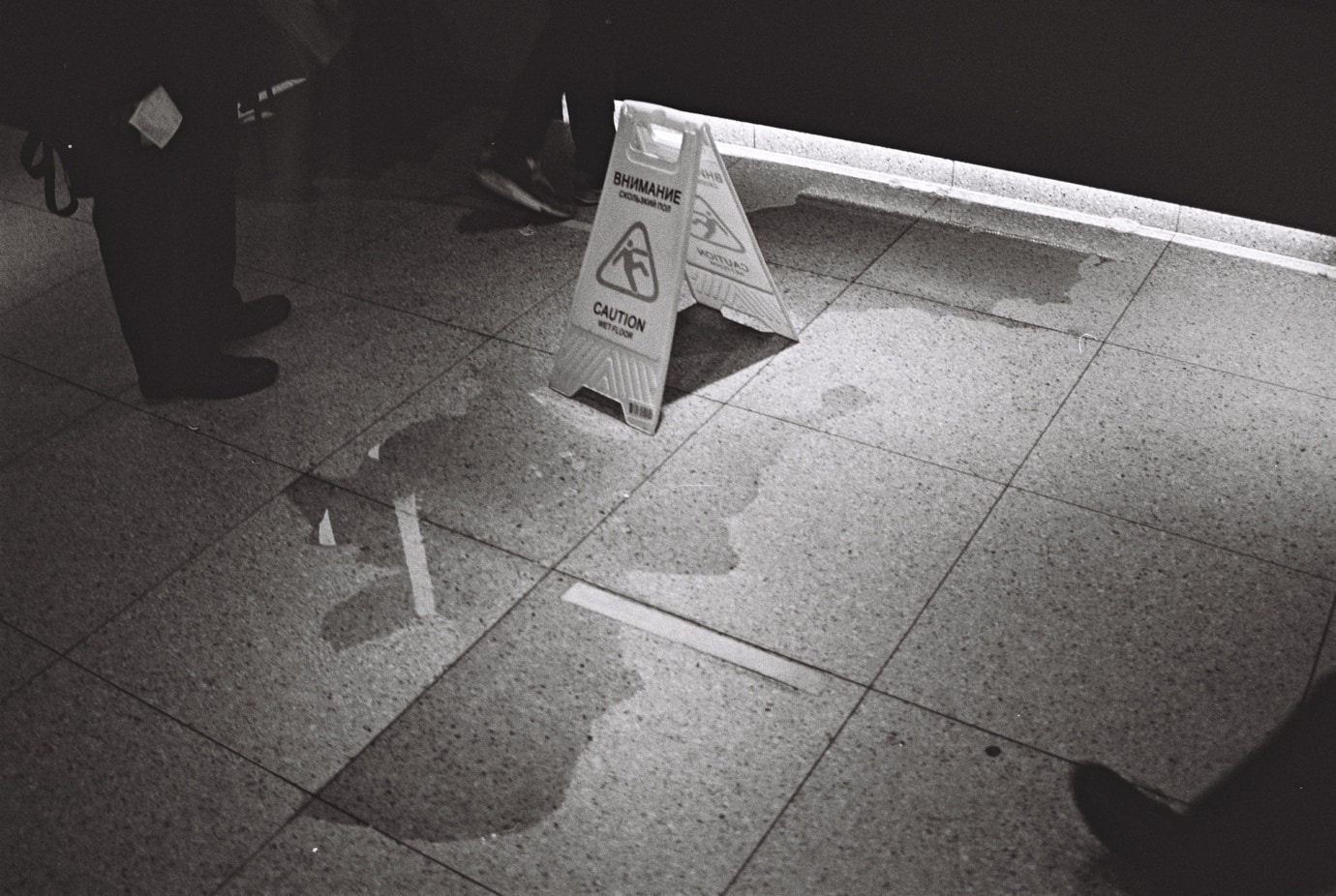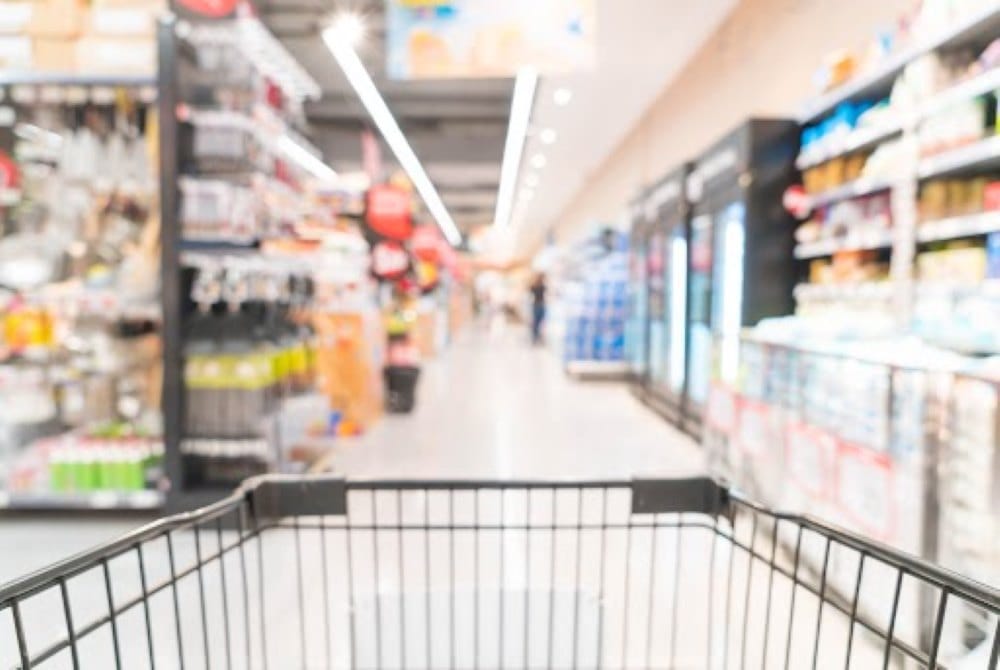
Slip-and-fall accidents can happen unexpectedly, leaving individuals injured and unsure of how to proceed. Whether you’re at a grocery store, retail establishment, or shopping mall, knowing what steps to take after a slip-and-fall incident can be crucial.
Here’s a comprehensive guide on what to do if you slip and fall in a store.
Common Causes of Slip and Fall in a Store
Slip-and-fall accidents in stores can occur due to various hazardous conditions. Understanding these common causes can help you take precautionary measures to avoid them:
Wet or Slippery Floors: Spills, leaks, or recently mopped floors without warning signs can lead to slippery conditions, increasing the risk of falls.
Uneven Surfaces: Cracks, holes, or uneven flooring, such as loose tiles or torn carpets, can cause people to trip and fall.
Cluttered Aisles: Merchandise, boxes, or debris left in walkways can obstruct paths and lead to falls, especially if visibility is poor.
Poor Lighting: Inadequate lighting can make it difficult for people to see obstacles or hazards in their path, increasing the likelihood of tripping or slipping.
Improperly Maintained Floors: Worn-out or damaged flooring materials, such as loose floorboards or torn vinyl, can create tripping hazards.
Weather Conditions: Rain, snow, or ice tracked in from outside can create slippery conditions indoors, especially near entrances.
Lack of Handrails: Stairways without proper handrails or with poorly maintained handrails can increase the risk of falls, particularly for elderly or disabled individuals.
Common injuries that can happen during Slip and fall
Slip-and-fall accidents can result in a range of injuries, from minor bruises to severe trauma. It’s essential to seek medical attention promptly if you’ve been involved in a slip-and-fall accident. Here are some common injuries that can occur:
Bruises and Contusions: These are common in slip-and-fall accidents and usually heal with time. However, they can be painful and may require medical attention if severe.
Sprains and Strains: Twisting or overextending joints during a fall can result in sprains or strains, causing pain, swelling, and limited mobility.
Fractures: Falls can lead to broken bones, which may require casting or surgery to heal properly. Common fractures include those in the wrist, hip, or ankle.
Head Injuries: A fall can cause head trauma, ranging from mild concussions to severe brain injuries. It’s crucial to seek immediate medical attention for any head injury.
Back and Spinal Cord Injuries: Falls can injure the back or spinal cord, potentially causing paralysis or other long-term issues. These injuries require immediate medical attention.
Cuts and Abrasions: These injuries can occur from contact with sharp objects or rough surfaces during a fall. It’s essential to clean and dress these wounds properly to prevent infection.
Steps to Take After a Slip-and-Fall Accident
If you’ve been involved in a slip-and-fall accident, here are the steps you should take to protect your rights and seek fair compensation:
Seek Medical Attention Immediately
Your health and safety should be your top priority after a slip-and-fall accident. Even if you don’t feel seriously injured, seeking medical care is essential. Some injuries, such as internal bleeding or head injuries, may not be immediately apparent but can have serious consequences if left untreated. Additionally, seeking medical treatment creates a record of your injuries, which can be crucial if you decide to pursue legal action.
Report the Incident to Store Management
After seeking medical help, report the incident to the store owner or its management as soon as possible. Ask to fill out an incident report detailing the circumstances of your fall. Be sure to include any hazardous conditions that contributed to the accident, such as a wet floor or cluttered aisle. Keep a copy of the incident report for your records.
Document the Scene
If possible, take photos or videos of the accident scene, including the hazardous condition that caused your fall. Be sure to capture the area from multiple angles to provide a clear picture of the situation. If there were any witnesses to the slip and fall incident, ask for their contact information in case you need their testimony later.
Preserve Evidence
Keep any clothing or shoes worn at the time of the accident as evidence. These items may show signs of hazardous conditions, such as water or debris, which can help support your case. Additionally, keep all medical bills related to your injuries, as well as any documentation of lost wages due to the accident.
Contact a Personal Injury Lawyer
Consider consulting with a personal injury lawyer who specializes in slip-and-fall accidents. A lawyer can help you understand your legal rights and get the compensation you deserve. They can also handle communication with the store’s insurance company and represent you in negotiations or court if necessary.
Factors Affecting Slip-and-Fall Claims
Several factors can affect the outcome of a slip-and-fall claim, including the severity of the injuries, the cause of the accident, and the actions of both the injured party and the property owner.
For example, if the property owner was aware of a hazardous condition but failed to address it, they may be held liable for any resulting injuries. Additionally, if the injured party was trespassing or engaging in reckless behavior at the time of the accident, their claim may be weakened.
The Role of Insurance Companies
In slip-and-fall cases, the property owner’s insurance company will typically be responsible for handling any claims. Insurance companies will often try to minimize the amount of compensation they have to pay by disputing the extent of the injuries or the property owner’s liability. It’s important for injured parties to understand their rights and to seek representation from a professional legal team to ensure they receive fair compensation.
Is a Store Liable for a Customer’s Injury?
Yes, a store can be liable for a customer’s injury under certain circumstances. Store owners have a legal duty to maintain a safe environment for their customers. This duty includes taking reasonable steps to prevent hazards that could cause injuries, such as wet floors, uneven surfaces, or obstacles in walkways.
If a store fails to uphold this duty and a customer is injured as a result, the store may be held liable for the customer’s injuries. To establish liability, the injured party typically needs to demonstrate the following:
Duty of Care: The store owed a duty of care to the customer to maintain a safe environment.
Breach of Duty: The store breached this duty by failing to address known hazards or by not taking reasonable steps to prevent accidents.
Causation: The store’s breach of duty directly caused the customer’s injuries.
Damages: The customer suffered actual damages, such as medical expenses, lost wages, or pain and suffering, as a result of the accident.
Store liability can vary based on state laws and the specific circumstances of each case. Some states follow a “comparative negligence” rule, where the store’s liability is reduced if the customer is found partially at fault for the accident. Other states follow a “contributory negligence” rule, where the customer may not recover any damages if they are found even partially at fault.
How Much Compensation Can You Expect for a Slip and Fall in a Store?
The amount of compensation you may receive for a slip-and-fall accident in a store can vary widely depending on various factors. These factors can include the severity of your injuries, the extent of your medical expenses, the impact of the injury on your daily life and ability to work, and whether the store’s negligence can be proven.
Compensation in slip-and-fall cases typically covers:
Medical Expenses: This can include costs for emergency care, hospital stays, surgeries, doctor’s visits, prescription medications, rehabilitation, and ongoing medical treatment related to your injury.
Lost Income: If your injury has caused you to miss work or has affected your ability to earn a living, you may be entitled to compensation for lost wages.
Pain and Suffering: This includes compensation for physical pain and discomfort caused by your injuries, as well as emotional distress, anxiety, and other mental health issues resulting from the accident.
Disability or Disfigurement: If your injury has resulted in a permanent disability or disfigurement, you may be entitled to additional compensation.
Punitive Damages: In cases where the store’s negligence was particularly egregious, you may be awarded punitive damages. These are intended to punish the store and deter similar behavior in the future.
Statutes of Limitation for Personal Injury Lawsuits
In Nevada, there are statutes of limitation that set deadlines for filing personal injury lawsuits, including those related to slip-and-fall accidents. These deadlines are important to understand, as failing to file a lawsuit within the specified timeframe can result in the loss of the right to seek compensation for injuries.
General Deadline: In Nevada, the general deadline for filing a personal injury lawsuit, including slip-and-fall cases, is two years from the date of the injury. This means that injured individuals have two years from the date of their slip-and-fall accident to file a lawsuit against the responsible party.
Why Hire a Slip-and-Fall Accident Lawyer?
Hiring a slip-and-fall accident lawyer can significantly benefit you in several ways:
Early Legal Counsel: Getting legal counsel immediately after the accident can help protect your rights and ensure you receive fair compensation for your injuries.
Negotiating Compensation: A lawyer can negotiate with the store’s insurance company on your behalf to ensure you receive the compensation you deserve.
Court Representation: If negotiations fail, a lawyer can represent you in court to seek damages for your injuries.
Proving Liability: Establishing liability in slip-and-fall cases can be challenging, but a lawyer can gather evidence and build a strong case on your behalf.
How The Bourassa Law Group Can Help
At The Bourassa Law Group, we specialize in handling slip-and-fall accident cases. Our experienced team can help you navigate the legal process and seek fair compensation for your injuries. We offer:
Free initial consultation with a reputable attorney who can file a personal injury claim
Handling of cases on a contingency basis
Individualized attention and support throughout your case
Expert representation in negotiations and court proceedings
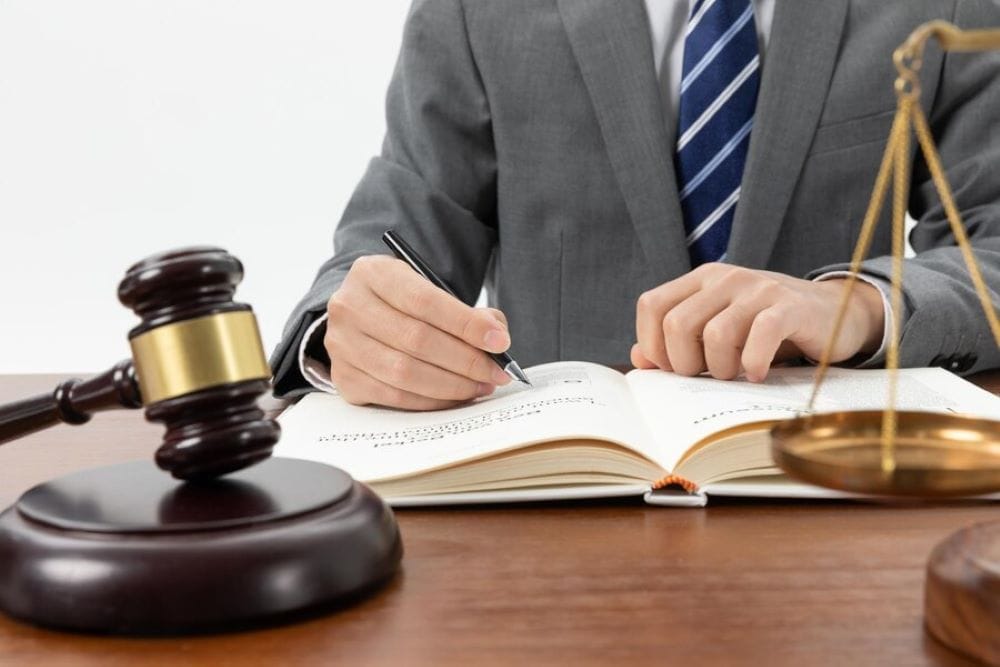
Contact The Bourassa Law Group Today
If you’ve been injured in a slip-and-fall accident, don’t wait to seek legal help. Contact The Bourassa Law Group today for a free consultation. Our experienced slip-and-fall accident lawyers can help you understand your rights and pursue the compensation you deserve.
Call us at (303) 857-5557 to speak to a representative today.
Frequently Asked Questions (FAQ) about Slip-and-Fall Accidents
Q: What happens if you fall in a store?
A: If you fall in a store, seeking medical attention immediately is important. You should also report the incident to store management and document the scene to support any potential legal claims.
Q: How do you treat a slip-and-fall injury?
A: The treatment for a slip-and-fall injury depends on the severity of the injury. It may include rest, ice, compression, and elevation (RICE), physical therapy, or surgery in more serious cases.
Q: What to do if you accidentally fall?
A: If you accidentally fall, the first step is to assess yourself for injuries. Seek medical attention if needed. Report the incident to the property owner or manager, and document the scene with photos if possible.
Q: What is considered a serious injury for a slip and fall?
A: A serious injury from a slip-and-fall accident can include fractures, head injuries, spinal cord injuries, and other injuries that require extensive medical treatment and may result in long-term disability.
